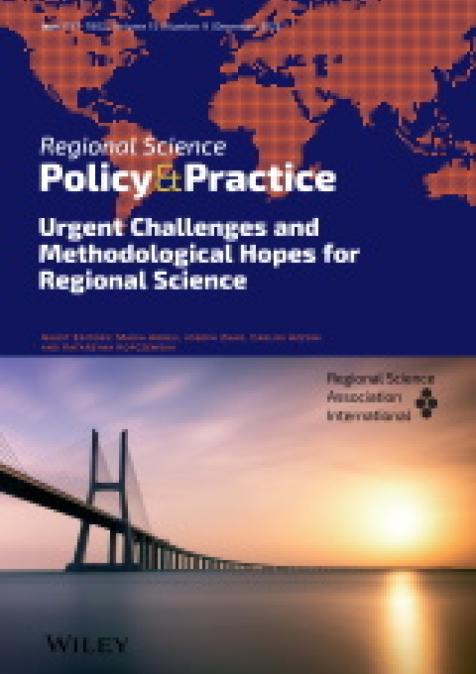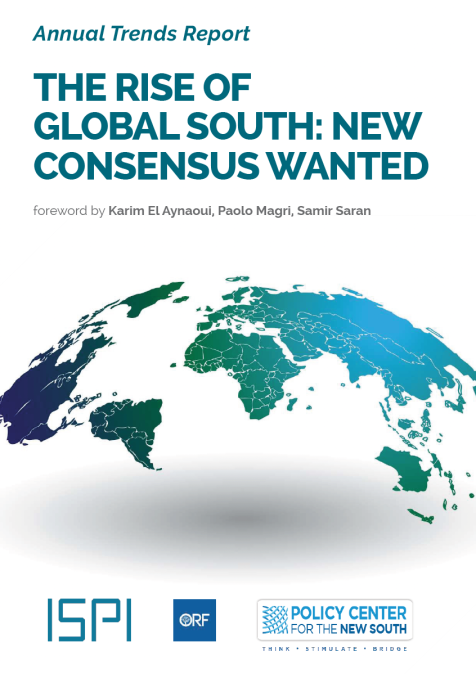Publications /
Policy Paper
This Paper was originally published on geopolitique.eu
In an era of unprecedented global interconnectedness, developing countries face an increasingly complex and often hostile economic landscape. This landscape is shaped by three main groups of policy constraints. First, the rise among major powers of protectionist tendencies has made the global environment more challenging, particularly as advanced economies increasingly turn to industrial policies to achieve specific economic objectives, and intensifying geopolitical rivalries lead to restructuring of global value chains and regrouping of countries into economic blocs. Second, at a time when demand for government services is at an all-time high, the macroeconomic policy space in developing countries has become significantly constrained, leaving little room for maneuver. A series of crises—from the Global Financial Crisis to COVID-19 to commodity price shocks—has drained government budgetary resources. Third, rapid technological advances are disruptive, rendering traditional policy reforms for growth and structural transformation outdated, and thus necessitating policy experimentation in new, uncharted areas.
These three groups of policy constraints have created a perfect storm of challenges for developing countries. This paper examines the multifaceted impact of these global shifts on the economic policy options available to developing countries. Currently, these countries face the challenge of operating without a clear and coherent framework for their development policies and strategies. This has led to a paradigm shift characterized by a landscape where ‘every country is for itself,’ resulting in the absence of clear policy objectives or instruments to navigate this new reality. Such an approach is unsustainable and poses significant risks to global economic stability and inclusive development. This paper proposes an alternative: a robust, nuanced, and tailored economic policy framework that addresses the unique challenges of developing countries while leveraging their inherent strengths and potential.






